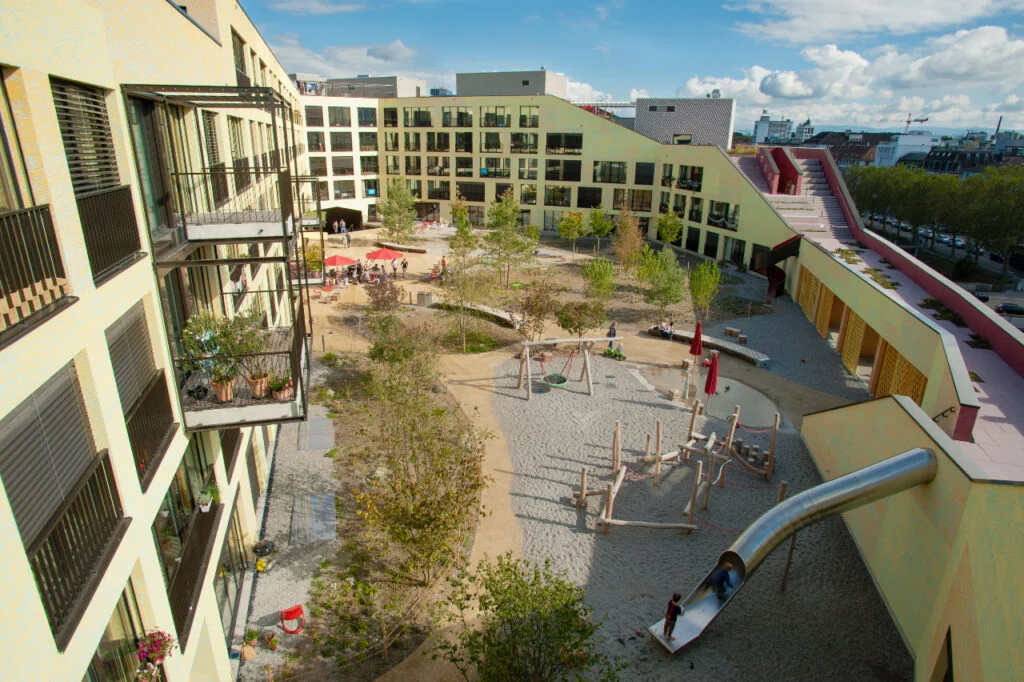Build small. Build sustainable. What may seem like sound advice for the UK housing industry seems to be much easier said than done. The UK is in the midst of a cost-of-living crisis, the government’s Levelling Up agenda is being called into question and Brexit is causing miles-long queues at Dover. With all this front-of-mind for a nation, is now the time to be re-evaluating our living arrangements? Property prices continue to rise, yet many now work from home and desire more room and essential access to green space.
Author of Small Is Necessary: Shared Living on a Shared Planet, a look at eco-collaborative housing, and activist-scholar affiliated with the Informal Urbanism Research Hub at the University of Melbourne, Australia, Anitra Nelson sits down with City Monitor to examine what lessons the UK’s housing industry stakeholders need to learn.
What has happened in UK cities in terms of house price increases?
Statistics report that the average house price in the UK has increased 13% over the year up to the middle of 2022. As you would expect, London is the worst. Rental prices have also gone up, with the largest annual growth rate since the Index of Private Housing Rental Prices began in 2014.
House prices can actually rise as a function of a lot of different things. High construction costs draw buyers away from new housing, which puts pressure on the second-hand market, which is always greater. In the UK, supply and demand have been out of sync so supply has been constricted, which causes greater pressure as well.
You also have people who are not from the UK constantly moving into the market in cities; there is a growing international bourgeoisie that has caused a split in the market between global buyers and local/national buyers.
The UK ranks low on living space. Why is this and are developers working to counter it?
I’m honestly not sure whether the developers are or not. The newer housing in the UK tends to be detached houses rather than apartments. Housing experts at the moment are saying that it is in developers’ interest to keep apartments small because of density [so] they can sell more apartments.
There are also various councils that prioritise dense developments. I think that small living spaces in the UK is cultural. The UK has more historic small dwellings than North America or Australia. In a simple sense, it is not good for living spaces to be too small. However, as I outline in Small is Necessary, there has still been this pressure, causing households to reduce in size over the past few years.
“A good house or flat can never be made out of premises which are too small”, does this statement in the Parker Morris report still ring true?
I would reiterate that families have shrunk in terms of size since the Parker Morris report. They are probably around half the size now, so in that sense, it could be half the problem. The other aspect of this is also that smaller spaces – when well designed – can achieve a lot. However, with Covid-19 changing our living and working situations, there is more pressure on the home to have extra functions. Co-working spaces have also grown in neighbourhoods, so that will take up some of that slack.

































